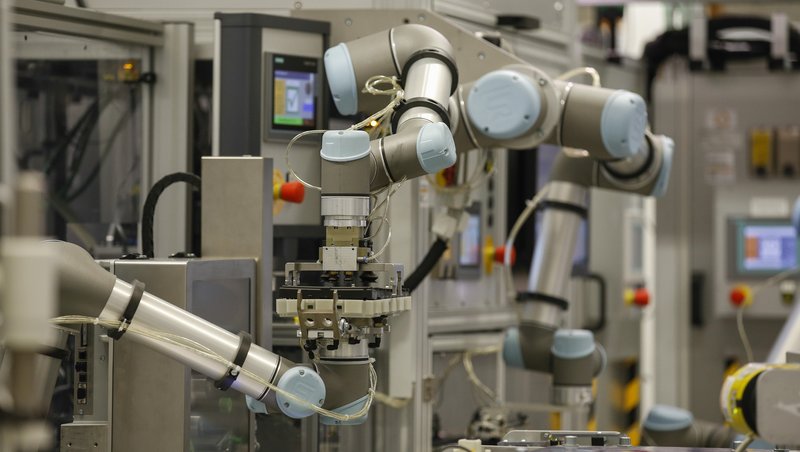Guaranteed Climate Protection at Continental: 100 Percent Green Electricity for Production
- Certified for the first time in 2020: Continental procures 100 percent of its electricity from renewable sources at production sites worldwide
- Direct and indirect own emissions fall by 70 percent from 2019 to 2020
- Climate strategy meets the 1.5°C goal of the Paris climate agreement
- With its global technology and innovation initiative, Continental is increasing corporate-wide decarbonization as set out under its sustainability ambition
Hanover, March 24, 2021. As of fiscal 2020, Continental procures all of the electricity for its production sites from renewable energy sources. This is the clear conclusion reached in a reasonable assurance report by auditor KPMG. By purchasing approximately four million megawatt-hours (MWh) of green energy, Continental reduced its own direct and indirect global CO2 emissions by 70 percent from around 3.2 million metric tons in 2019 to 0.99 million metric tons in 2020. All relevant renewable energy sources such as water, sun and wind are used. “Sustainable business is the future. With our ambitious goals, we are decisively pursuing the transformation to a sustainable economy,” says Dr. Ariane Reinhart, who is responsible for sustainability within Continental’s Executive Board. “We are delighted by this objective validation of our work. The result of the audit shows that we take our sustainability ambitions seriously and are meeting the targets we have set ourselves.”
Clear traceability of green electricity to each source
Continental applies strict standards to achieve its ambitious sustainability goals. To ensure that green is not only green in theory but also in practice, the technology company relies on self-generated energy, specially designed green power purchase agreements and so-called energy attribute certificates (EACs). These certify from which sources and from which locations the green electricity originates. Only in a few exceptional cases were energy attribute certificates obtained in 2020 from countries that were directly connected to the electricity grid of the country in which the electricity was consumed, for example because no accepted certificate system was available locally that met Continental’s strict criteria. If there is no direct connection between the countries, Continental purchases energy attribute certificates from the nearest neighboring country. All energy attribute certificates can only be used once because they are deleted directly from the respective certificate registers.
Continental bases the quality characteristics of its energy attribute certificates on the criteria of the RE100 initiative, which the company joined in June 2020. RE100 is a worldwide alliance of companies that have set themselves the goal of using only green electricity in the future.
Important milestone on the way to company-wide decarbonization
The systematic transition to green electricity marks the first step of an ambitious innovation and technology marathon toward company-wide decarbonization as part of Continental’s new environmental strategy. Its decarbonization targets were recently recognized as being compatible with the 1.5°C goal of the Paris climate agreement by the independent Science Based Targets initiative (SBTi). By 2040, Continental aims to make the processes at all of its more than 500 locations carbon-neutral through massive investments in energy efficiency, zero-carbon technology and the use of green electricity. By 2050 at the latest, the entire value chain should then be carbon-neutral. “I am delighted with the commitment and motivation shown by all colleagues involved. Climate change is one of the most important challenges of the 21st century, and the preservation of natural resources is vital for both ourselves and for future generations. That is why I am proud that we as a company are doing our part,” says Thomas Sewald, head of Environmental and Climate Protection at Continental.
Emission-free mobility and carbon neutrality grow together
The transition to 100-percent green electricity marks the first of several key steps toward carbon neutrality. At the end of 2020, the company launched its Carbon Neutral for Emission-free Vehicles program, the vision of which is to make emission-free mobility completely carbon-neutral for the first time. To date – as attested by the results of Continental’s Mobility Study 2020 presented at the end of last year – there is still a great deal of skepticism regarding the climate footprint of e-cars, especially in Europe. With the Carbon Neutral for Emission-free Vehicles program, Continental will make its entire direct business for emission-free cars, buses, trains and other vehicles carbon-neutral worldwide from 2022. The program covers the company’s production processes as well as their upstream stages and recycling at the end of use. In this way, the technology company is helping the industry make emission-free mobility completely carbon-neutral.





